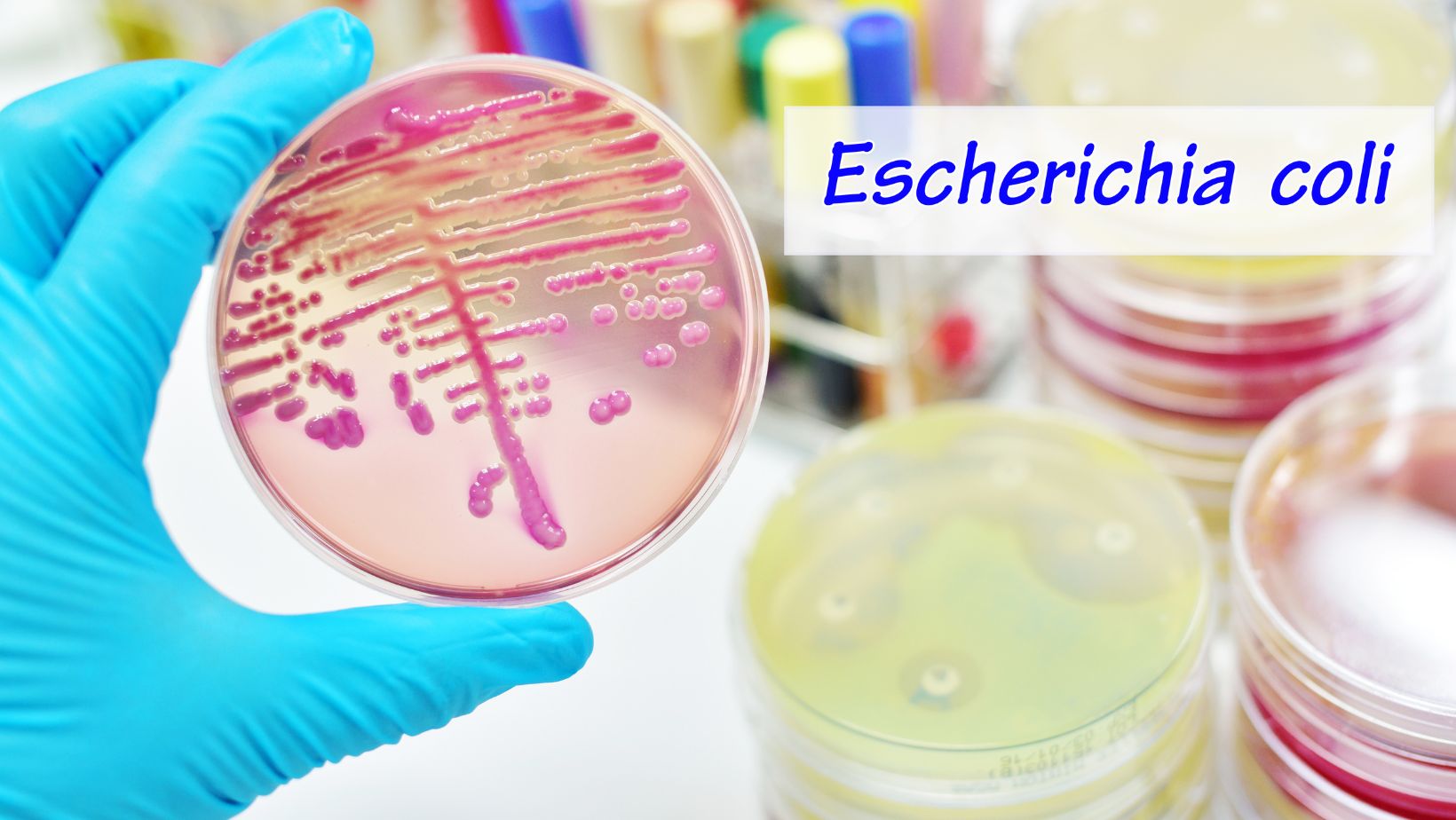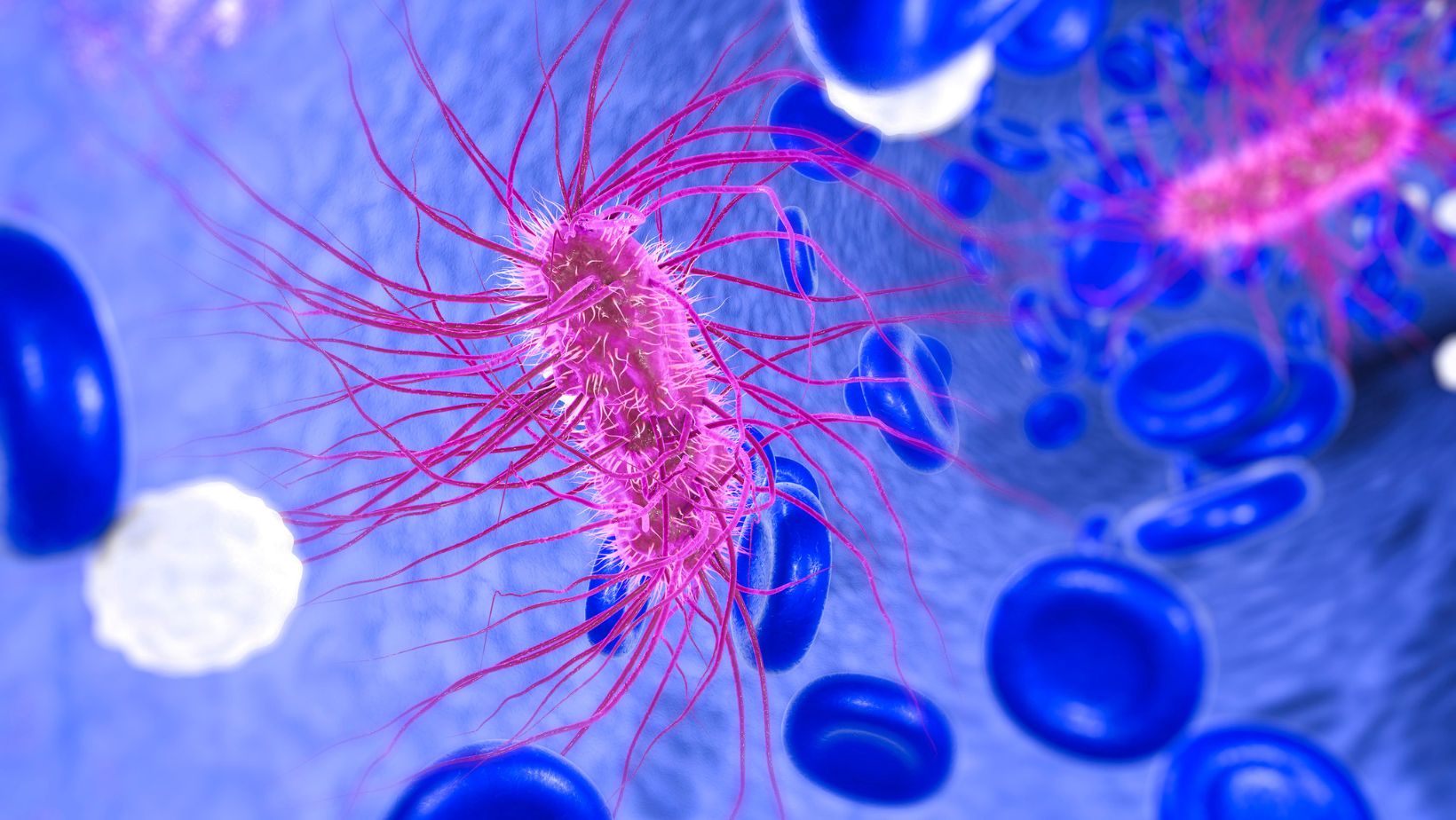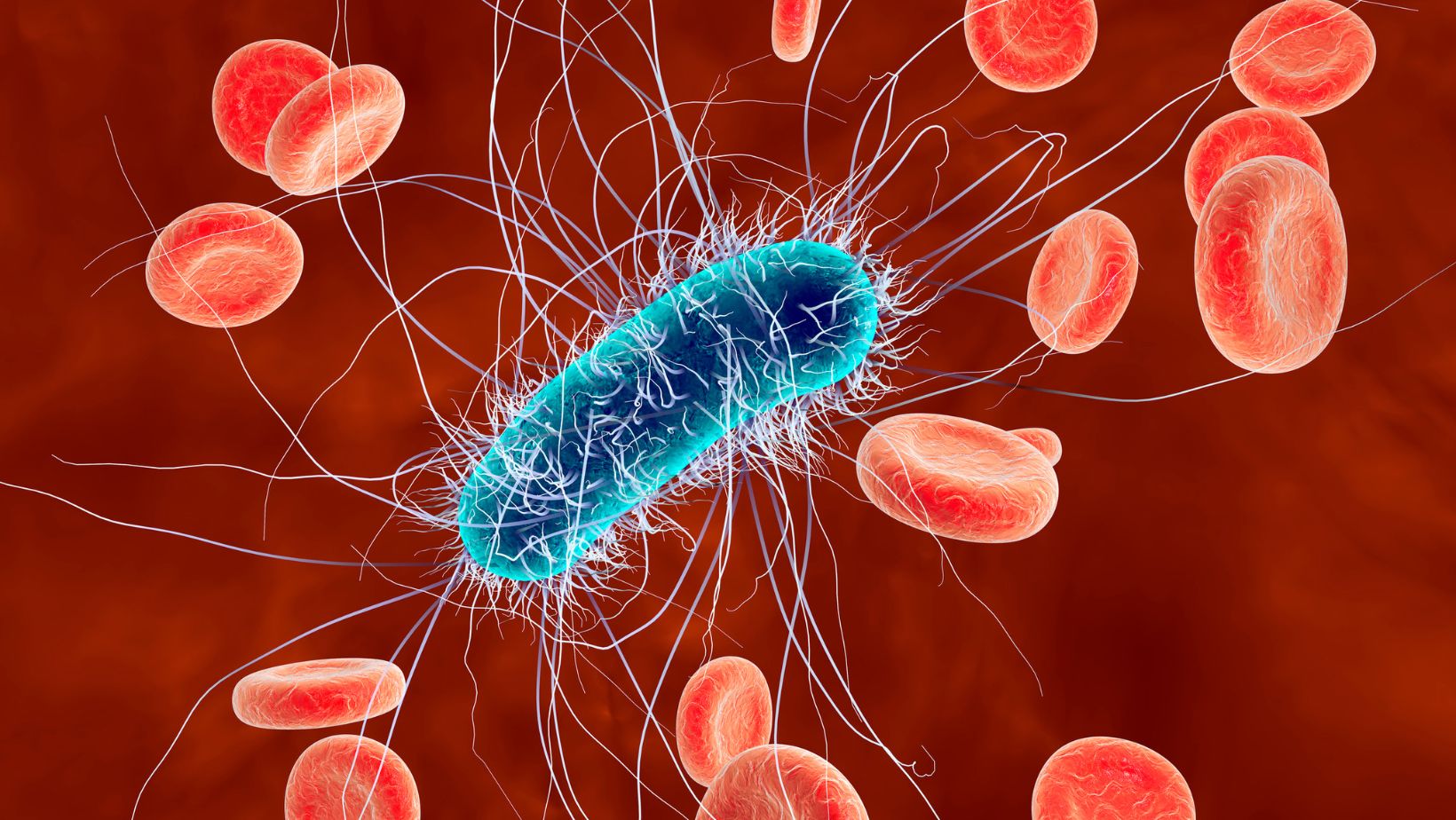
Not all E. coli infections that occur are eligible for a lawsuit to go after compensation. Sometimes, the infection is caused by your carelessness.
Maybe you forgot to rinse off the fresh greens before making a salad or missed a spot on the counter after preparing raw chicken. If this is the cause of your infection, you don’t have a legal right to compensation unless you’re planning on naming yourself in the lawsuit.
However, sometimes recovering damages for an E. coli infection is something you don’t want to ignore and put off. Not only can it help alleviate some of your financial costs, like medical expenses, but it may also protect others.
Damages You May Be Entitled to Recover for an E. Coli Infection
Some E. coli infections only result in minor symptoms. You may feel a little nauseous and have diarrhea for a day or so. Other infections are more serious and can lead to hospitalizations.
An estimated 2,168 hospitalizations occur each year due to E. coli infections. When it comes to seeking compensation for your damages, it really doesn’t matter if your symptoms are mild or severe.

If your bout with E. coli negatively impacted your life, even if it’s only for a day or two, you may be eligible to receive compensation for your damages. So, what damages can you claim in an E. coli lawsuit? While every case is different, there are some common damages:
- Current and future medical costs: Even if you’re not hospitalized, you can still have medical expenses. This can include costs associated with a doctor’s visit and any medications prescribed to help treat your symptoms. If you have a severe infection, you may be facing an extended hospital stay. If the infection results in kidney damage, you may require long-term care.
- Lost income: A common E. coli infection symptom is diarrhea. You probably already know it’s pretty much impossible to work when you’re running to the bathroom every few minutes. Forget about commuting to work. Just imagine how many times you’ll end up stopping to use the restroom. Along with income lost while you’re dealing with the symptoms associated with the bacterial infection, your lawsuit may also include future earnings. If the infection is severe, you may end up with health complications like kidney damage that prevent you from returning to your previous position.
- Permanent physical limitations: Some cases of E. coli infections cause permanent physical limitations. For example, kidney damage, and because of it, you may need treatment like dialysis, which can also impact your quality of life.
Along with these damages, your E. coli lawsuit may also include compensation for your pain, suffering, and mental anguish. Consulting with an experienced attorney can help you figure out which damages to include in your lawsuit.
Who’s Liable for Your E. Coli Infection?
Determining liability for an E. coli infection isn’t always easy. Typically, your attorney will look at where the infection most likely occurred. If more than one individual tests positive for E. coli, it’s often a little easier to pinpoint the cause.
For example, if you and several others experience food poisoning at a catered event, you can usually trace the source of the infection back to a specific dish. However, it’s a little more difficult to determine the cause if you or only a couple of others come down with E. coli symptoms.
Adding to the complexity of determining fault is that more than one individual or entity may be liable for your E. coli infection.

With that being said, here are some examples of who can be liable in an E. coli lawsuit:
- Food sellers, suppliers, and producers: This can be anyone from a grocery store supplying the food to a catering company. Sometimes, the producers/suppliers are the farmers. If any of the above-mentioned entities knowingly provide tainted food or aren’t following proper health and safety regulations, they can be liable for an E. coli infection.
- Grocery stores: If foods are recalled due to a reported or suspected E. coli breakout, grocery stores are legally required to remove any suspected tainted products immediately from their shelves. If the grocer continues to sell the recalled items, they may be liable in your lawsuit.
- Restaurants: The same laws apply to restaurants and grocery stores. If a food product is recalled, restaurants are legally required to pull the item from the menu. Eateries like restaurants, cafes, food trucks, etc. must also follow strict health codes. These codes apply to how food is stored, prepped, and prepared. If the restaurant violates these health and safety codes, the entity may be liable.
The manufacturer may also be liable for any bacterial infection like E. coli. Food manufacturers typically include those responsible for packaging items. Think of raw meats and fresh produce wrapped in plastic. However, it’s not only raw foods that can carry E. coli bacteria. Sometimes canned foods can also be responsible for causing your infection.
Recovering Damages From an E. Coli Infection
Unless your E. coli infection happens in your home, chances are, the responsible party is covered by insurance, which is good news for your lawsuit. Instead of hoping the at-fault party has the personal funds to cover your damages, you’re dealing with their insurance provider.
While you’re more likely to receive compensation if you win your lawsuit from an insurance provider, it doesn’t mean it’s easier to prove your case. While you’re working hard to support your claim, the insurance adjuster is doing everything they can to reduce its value. This scenario is when you want to retain an experienced attorney to help with your lawsuit.
So, how can you help support your claim and recover compensation for damages stemming from your E. coli infection? You want to save all paperwork relating to your diagnosis. If you have receipts from purchasing the tainted food items, these will come in handy. Don’t forget about witness statements, even if it’s only members of your family testifying to the severity of your illness.
Working with an attorney, you can file a claim against the at-fault party and hopefully receive compensation for your damages relating to your E. coli infection.






